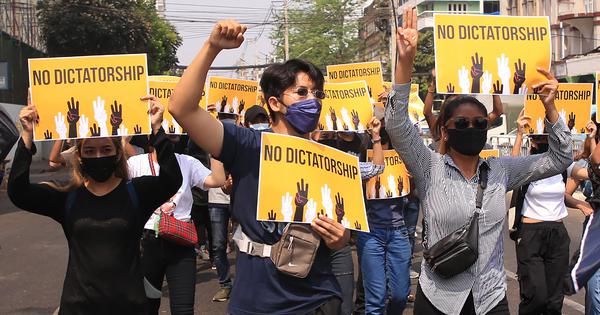Since the coup in Myanmar on February 1, the international community has struggled to agree on coherent action against the military (also known as the Tatmadaw).
Tough action by the United Nations Security Council has been stymied by China, Russia, India and Vietnam, who see the Myanmar crisis as an internal affair.
Outside the UN, a strong, coordinated response by Myanmar’s neighbours in the Association of Southeast Asian Nations has also been lacking due to their reluctance to interfere in each other’s affairs. Thai political expert Thitinan Pongsudhirak called it an “existential crisis” for the bloc.
This reluctance, which has now cost the lives of over 500 civilians, rules out the use of military force to stop the violence, peacekeeping operations or even a humanitarian intervention.
It has left the international community with one remaining option for a coordinated response that could change the military’s behaviour: the imposition of economic sanctions. But…















